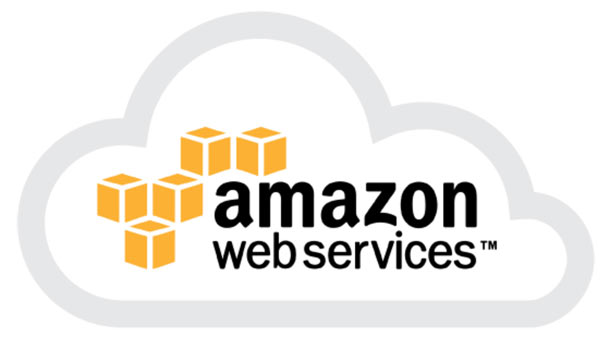Blockchain as a Service : AWS is catching up with IBM and Microsoft

Microsoft Azure was the first, at the end of 2015, to draw an offer of Blockchain as a Service (BaaS), followed in 2016 by IBM. Since then, SAP and HPE have also followed suit. For once, Amazon Web Services (AWS) lagged its competitors by only submitting its BaaS offer to the market in April 2018.
The promise of BaaS is obvious. This is to overcome the complexity of implementing a blockchain. By going through this type of offer, a company is guaranteed to benefit from a state-of-the-art platform by entrusting the cloud provider with its maintenance and scalability. One way to get around the shortage of skills in the blockchain area.
We can see that AWS or Azure primarily offer environments to design a private blockchain. Unlike a pure player like the French Blockchain Studio which, with Rockside, proposes to mount a public blockchain on Ethereum. Finally, the solutions proposed by the giants of the cloud are not yet ready for production (or “production ready”). They are currently rather suited to the experimental phases, to reduce the costs of PoC (proof of concept).
However, BaaS ‘offer has been expanded and structured. And the future looks promising. After having passed the “production ready” status, cloud providers could offer synergies with other services in their catalog, blockchain being a technological brick among others in most cases of use. For example, a food traceability project can use blockchain and IoT to trace data, as well as a layer of big data for collection and analysis.
Azure, the pioneer
Microsoft was the first, in November 2015, to offer a cloud offer dedicated to the blockchain. In May 2019, the Redmond firm announced the final release of Azure Blockchain Service. Integrated with Azure Active Directory, this managed service aims to “simplify the creation, management and governance of blockchain networks, with the idea that companies can focus on workflow logic and application development”, according to Mark Russinovich CTO Microsoft Azure (read his blog post on the subject)
The first block string register deployed on Azure is Quorum. Initiated by JP Morgan, this blockchain based on the Ethereum protocol brings together 75 banks including Societe Generale and Crédit Agricole in order to accelerate international interbank payments. In the coming months, Azure plans to manage tokens and support the R3 Corda Enterprise blockchain.
The provider also offers an extension of Visual Studio Code to simplify the coding of smart contracts associated with block strings. A new development kit then makes it possible to integrate business processes with these “smart contracts” by ensuring interoperability with databases, CRMs or ERPs.
IBM: The MultiCloud
IBM: the choice of multicloud Like AWS, IBM has opted to rely on the Linux Foundation’s Hyperledger Fabric open source infrastructure for its BaaS solution. And like Azure, Big Blue offers a Visual Studio Code extension to simplify developers’ lives in creating smart contracts. Since its launch in 2016, the offer has matured. In May 2019, IBM released beta version 2.0 of its Blockchain Platform.
This blockchain platform for deploying, managing and configuring nodes, command services and CAs has been redesigned to support Kubernetes architectures, the group’s public cloud (IBM Cloud) and its private cloud (IBM Cloud Private), but also the AWS infrastructure. IBM is also differentiated from its competitors by its package price policy that offers more readability.

